You are here
Back to topLight Trading at Jiangnan as Holiday Consumption Fades
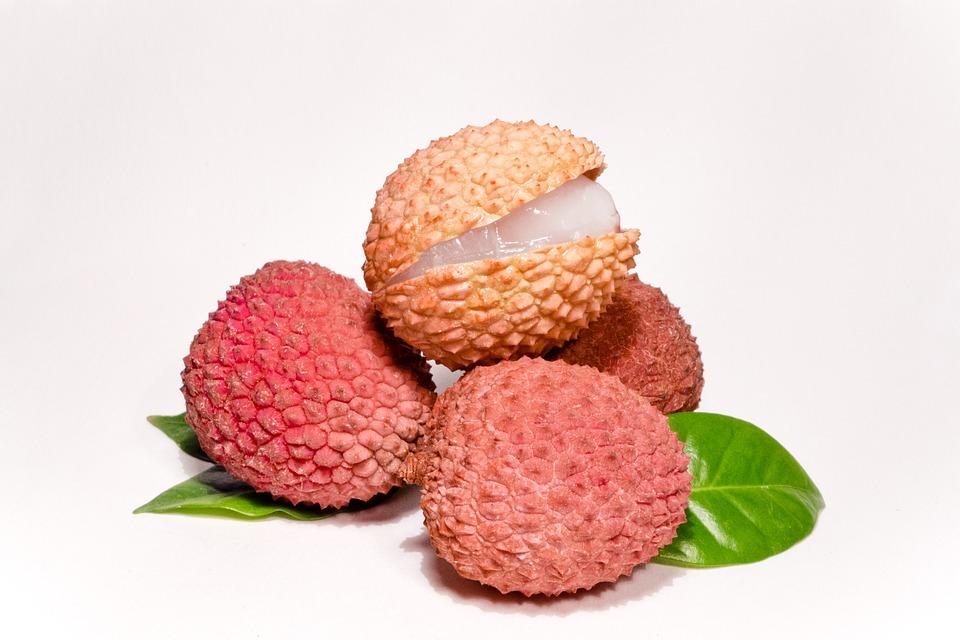
Guangzhou’s Jiangnan Fruit & Vegetable Wholesale Market’s fruit price index totaled 229.75 for the period of April 10 to April 16—a 4.44% decrease compared to the same period last year. The data shows a downward trend in the daily price index for fruit.
After a brief period of growth during Tomb-sweeping Festival, a holiday popular for people to buy fruits as tributes, the trading volume at Jiangnan market declined. The decrease in trading volume owes partially to the higher prices of new fruit varieties that entered the market. The average daily price for fruit during this period was RMB 15.19 per kilogram—a 9.35% increase compared to the previous period, April 3 to April 9.
Average daily trading volume for all fruit reached 4,658,900 kilograms, just a 0.01% drop compared to the same period last year. Trading volume for imported fruit experienced stable growth of 3.99% over the previous period, rising to 3,359,900 kilograms. However, Chinese domestic fruit trading volumes fell to 1,299,000 kilograms, a noticeable decline of 9.07%.
Ten categories of fruits had noticeably high sale volumes across all fruit varieties during this period. These fruits include grapes (Chilean and Australian), pitayas (Vietnamese), durians (Thai), oranges (American), plums (American), apples (American), watermelons (Guangdong and Hainan), bananas (Guangdong and Hainan), fragrant pears (Xinjiang), and pineapples (Guangdong and Hainan).
Importantly, nonnative lychees from Thailand were seen at the market for the first time this year. Lychees, which originated in China, are primarily grown in Thailand’s central plains and northern areas where rich, damp, and slightly acidic soil make a perfect hotbed for cultivation.
Harvesting season of Thai lychees begins in March in Chanthaburi and ends in June in Chiang Mai and Chiang Rai. Harvesting in China occurs later, running from April to July. China is also the biggest lychee producer with a planting acreage of around 600,000 hectares and an annual production volume of 1.3 million tons.
As temperatures climb, more summer fruits are expected to hit the market, resulting in increased trading and a fall in price.
The chart below shows the average daily price of the best-selling fruit during April 10 to April 16.
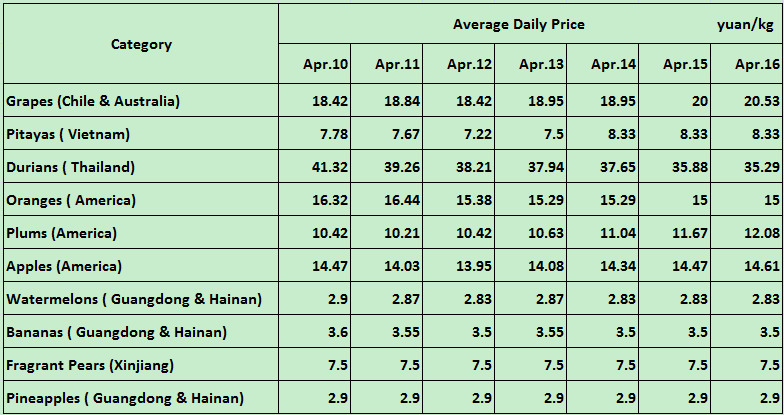
Image sources: Pixabay



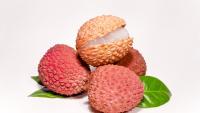

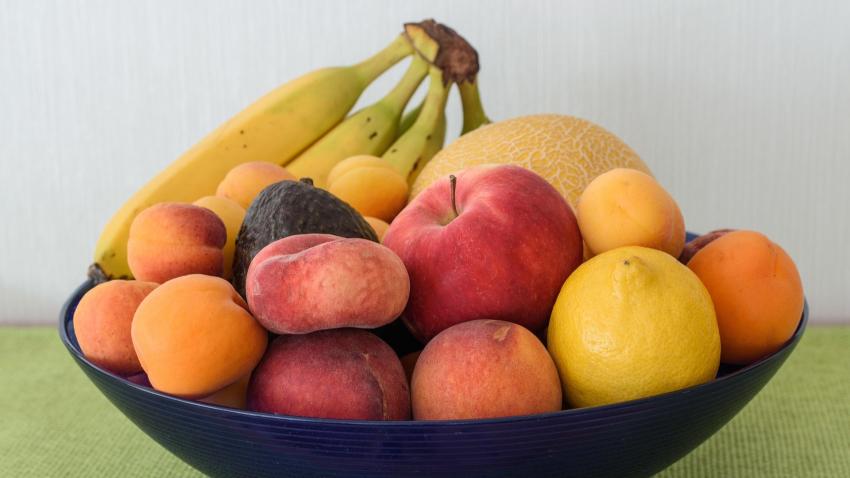
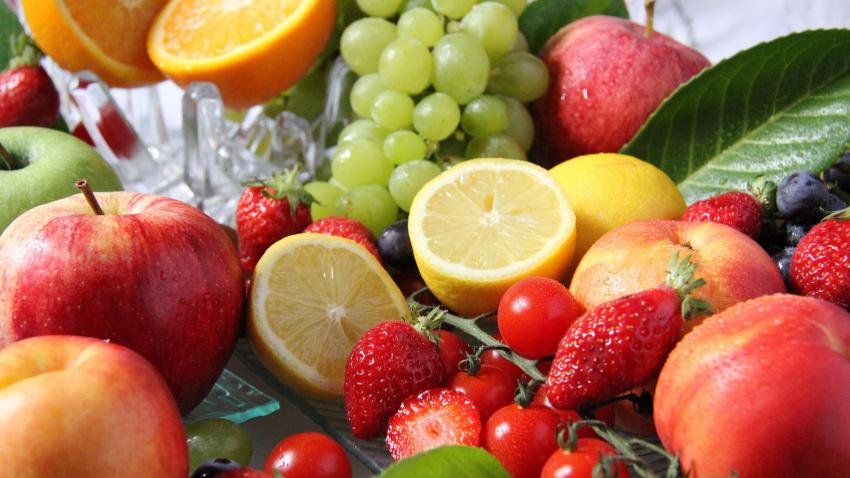






Add new comment